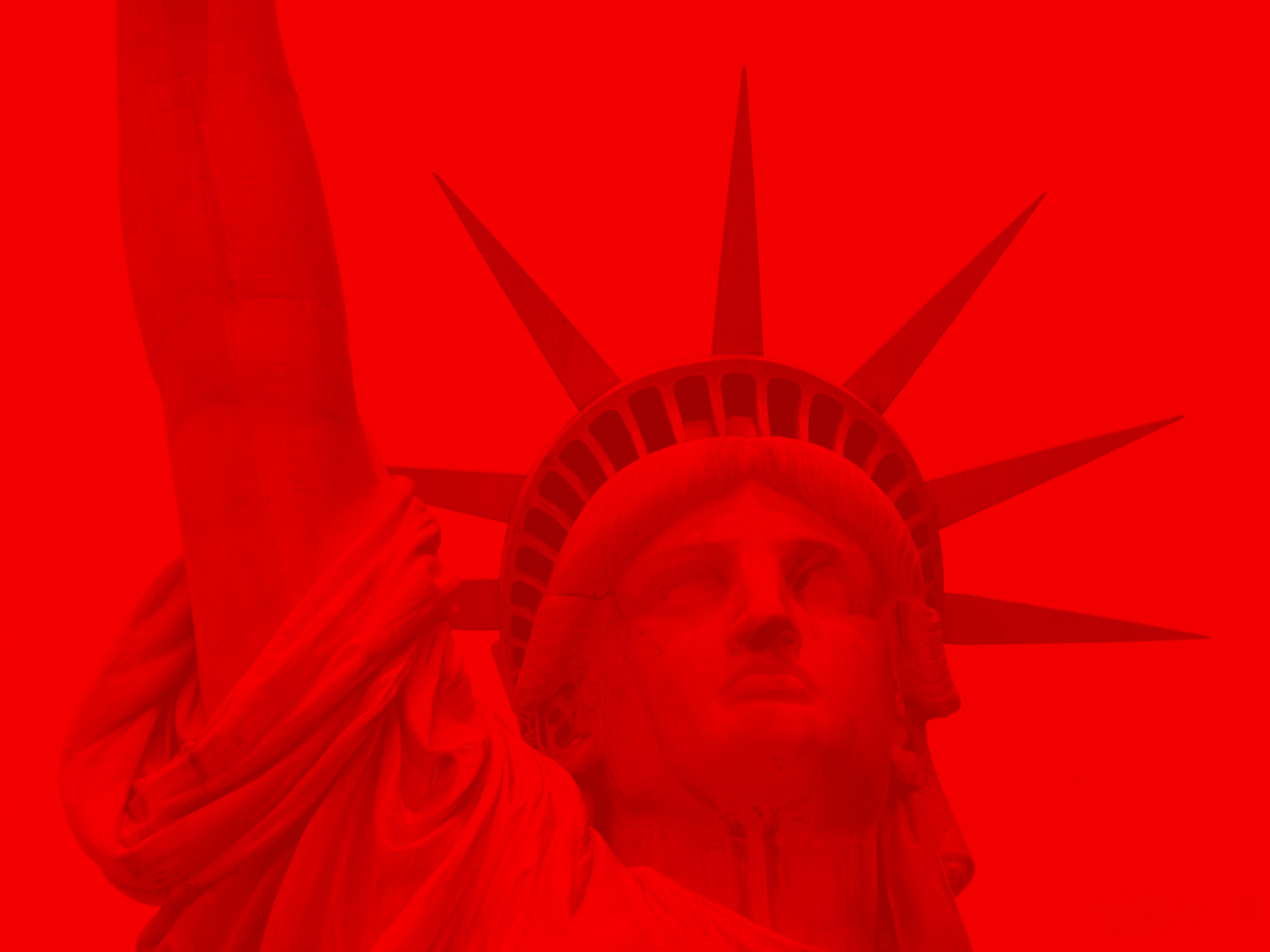Corruption Exposed
In late 2022, the largest corruption scandal in EU history — quickly dubbed ‘Qatargate’ — erupted, shaking Brussels to its core. At the center stood Eva Kaili, then Vice-President of the European Parliament, after Belgian police seized €150,000 in cash from her Brussels apartment.
The discovery was linked to an extensive influence-peddling scheme involving Qatari officials and, according to investigators, Moroccan representatives as well. Authorities alleged that foreign envoys engaged in bribery and covert election funding within the European Parliament to sway decision-making in their countries’ favor.
The revelations brought intense scrutiny to the EU’s internal oversight mechanisms and raised alarming questions about the integrity of European democracy itself.
Power and Abuse
The discovery of cash in Kaili’s apartment sent shockwaves through Brussels, exposing a troubling web of influence. Investigations suggested that Qatar was funneling significant sums into lobbying and networks aimed at shaping EU policy, diplomatic decisions, and softening criticism of its human rights records.
Critics argue that the concentration of power within the EU creates fertile ground for such corruption. Centralized institutions offer both temptation and opportunity for abuse. But the problem runs deeper than design flaws, it reflects political choices.
For years, European leaders maintained close ties with Qatar despite its authoritarian governance. During the 2022 FIFA World Cup, this contradiction became stark: Western governments that professed strong commitments to human rights and LGBTQIA+ equality nevertheless traveled to Doha for photo opportunities. While solidarity symbols were banned in Qatar, where free expression remains criminalized, Europe’s leadership looked the other way.
Economic interests, particularly in energy and investment, repeatedly took precedence over human rights. This permissiveness allowed Qatar to leverage its influence within European politics virtually unchecked.
Although implicated Members of the European Parliament (MEPs) faced suspension or loss of official roles, the broader scandal unfolded alongside votes on crucial “rule-of-law” measures — including resolutions condemning democratic backsliding in Hungary and Poland and debates over tying EU funding to judicial independence and anti-corruption standards.
The overlap was deeply ironic: as Parliament presented itself as the guardian of democracy inside the EU, it was simultaneously confronting the possibility that its own members had been bought by foreign interests. The EU’s claim to moral leadership looked increasingly hollow.
Moreover, the slow pace of accountability exposed significant flaws in the Parliament’s internal oversight. Several suspects continued to sit as MEPs, retaining rights and privileges with little disruption — a reality that further eroded public trust in the institution.
Litmus Test for Europe's Future
In response to the scandal, the European Parliament adopted a resolution on 15 December 2022 condemning foreign meddling and promising reforms on transparency and lobbying. Yet watchdogs remain skeptical.
Unless European leaders act decisively, the EU risks losing its credibility and moral authority on the world stage. Reforms must go beyond cosmetic measures or additional bureaucracy; they must tackle the root causes of corruption and foreign interference or its democracy risks being for sale to the highest bidder.


